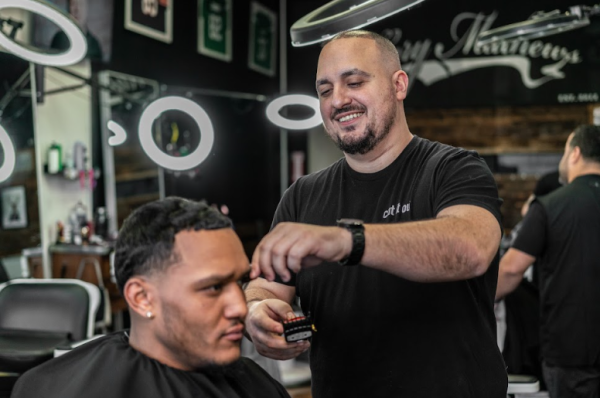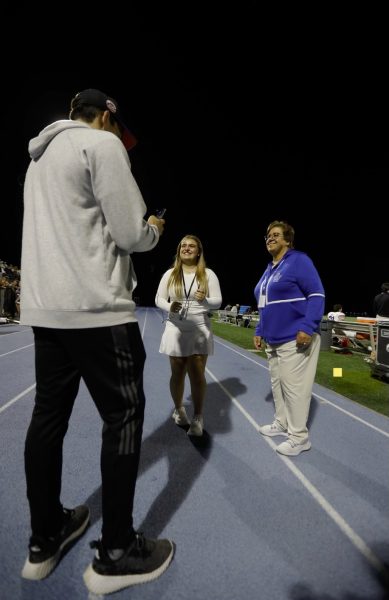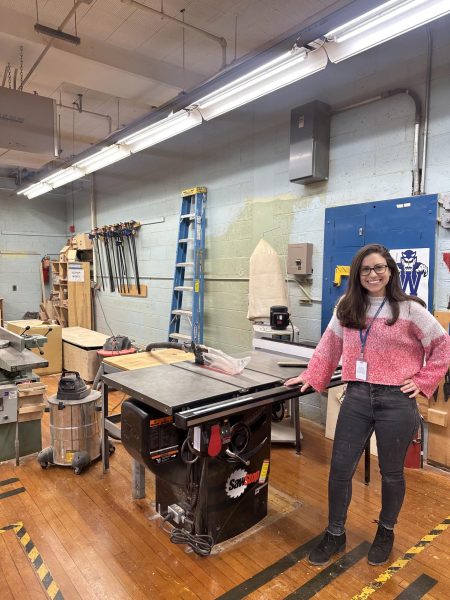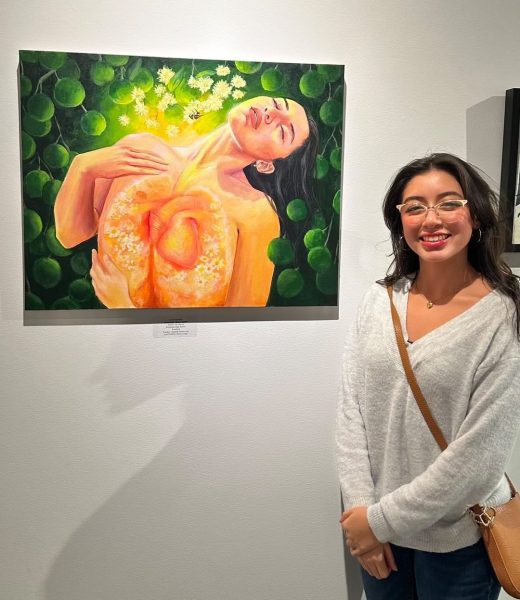Going to college abroad
This August, while incoming college freshmen pack for the trip to their schools’ campuses, three students from the WHS class of 2018 will be tucking their visas and passports into their bags. As soon as they arrive at their schools and start adjusting to the college experience, these students will also begin adjusting to life in another country.
Although going to college anywhere is a vastly different experience from high school, these particular students will have the opportunity to meet people from different backgrounds and experience another culture.
“I chose my school because it combined French and English, both language and culture, in some ways, in one city,” said senior Juliette Näveke, who will be attending McGill University. Näveke moved to Westfield from France, and the presence of French culture in Montreal attracted her to the school. “I loved the international aspect of McGill, and the fact that a lot of people from France go there, which makes me feel like I’m reuniting with some pieces of myself.”
Senior Ana Kobori, who will be attending the University of Toronto, was also drawn to Canadian culture. “I love Canada, and Toronto is one of my favorite cities. The people are super friendly there, which makes the atmosphere on campus great,” she said.
“My school has a large body of international students and I really wanted to be exposed to a diverse group of people.”
But culture isn’t the only thing that makes the experience so unique. The typical university model is different in every country, so some students are able to go abroad and find an academic model that works better for them than the American system.
At Durham University in Durham, England, senior Marlo Avidon will have the opportunity to earn a master’s degree in just four years. “The reason the program is shorter is because UK schools don’t have any general education classes,” she said.
This system is a far cry from the typical college experience in America, where students take a variety of classes in different subjects, even if they aren’t directly related to their major. “[Choosing a major] can be stressful if you don’t know what you want to study,” Avidon said. “Luckily, I did, so being able to study solely history for three years straight is a dream come true for me.”
Applying to these international schools is also a very different process. When compared to the traditional Common Application, many international schools focus more on numbers than on student activities.
“The UK schools are also extremely test-focused,” said Avidon. “They couldn’t care less about your extracurriculars or sports; they want to know your SATs, ACTs, AP exams and subject tests.”
According to Näveke, applying to McGill was far simpler than applying to American colleges. “It was a lot easier. No essays were required, no letters of rec or anything like that,” she said. “They just wanted my name and scores, basically.”
This approach may be unusual to American students who are used to colleges that use a more holistic application system. “Although this did make the application process significantly easier, I was still stressed because I did not get the opportunity to show who I am as a person and as a student through essays and interviews,” said Kobori.
Going to college abroad may seem nerve-wracking to some, and a lot of students go through the college application process without even considering widening the scope of their search beyond American borders. But these three seniors are embracing the opportunity to get an education while also seeing what other parts of the world have to offer.
“I love to travel, and I am always up for an adventure,” said Avidon. “Plus, with technology today, I can video chat with my family and friends whenever I want to, so I’ll never feel too far away.”










sarita sharma • May 9, 2018 at 4:47 am
Nice to see your informative blog regarding the program. I also want to make you aware of the “DGR Engineering Scholarship”. The scholarship is available for those who have completed 45 semester credit hours by June 1 of the current year in an accredited undergraduate engineering or land surveying degree program within the United States.
Application Deadline is: May 15, 2018
For more information, you can visit the given link:
https://www.developingcareer.com/dgr-engineering-scholarship/?ar=1
You can also join our Facebook page for the updates. The link is given below
https://www.facebook.com/DevelopingCareer/